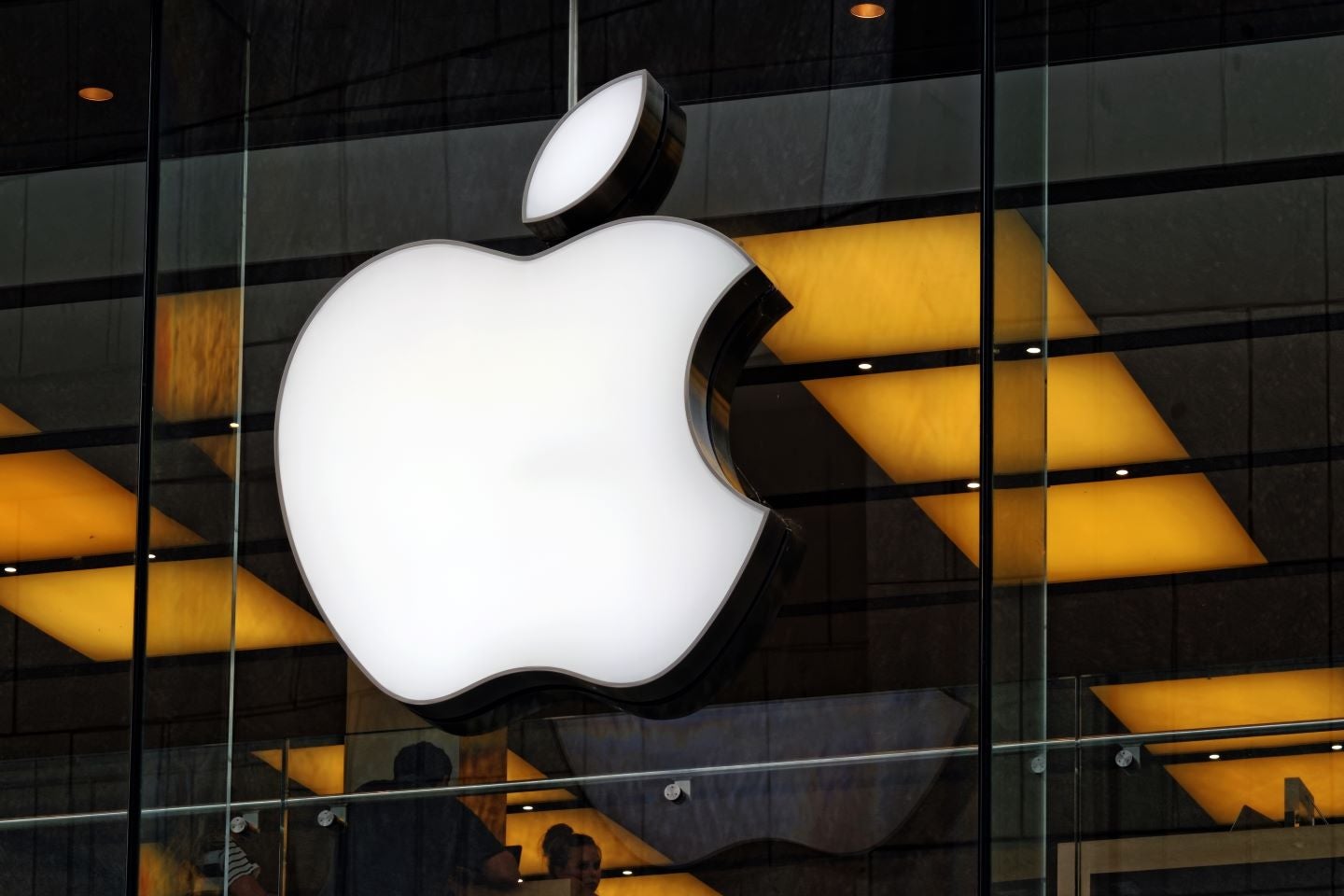The global landscape for consumer electronics repair is undergoing significant regulatory changes, with Europe and Oregon, US, leading the charge to empower consumers with the right to repair their devices.
Legislative developments in the US
Oregon’s disruptive right-to-repair bill, passed in the US in March 2024, has set a precedent by banning parts pairing, a practice that has restricted independent repairs. This legislation diverges from policies in other US states such as New York, Minnesota, and California. Parts pairing has been a bottleneck to repair, and Apple has been a major offender. When an Apple device requires a part replacement, the process requires matching the specific serial number of the device with a corresponding component. This requirement can lead to delays and additional expenses as consumers or service providers seek out the exact match, often at a premium due to the limited availability of authorised components.
Apple’s strategic adjustment
In anticipation of broader regulatory changes, Apple has modified its parts pairing scheme to maintain control over the repair process while complying with new regulations. Apple will allow the use of old iPhone parts without serial number verification for certain components, reflecting a significant, albeit limited, adjustment in line with the evolving legislative environment. Apple’s response to Oregon’s bill includes the elimination of parts pairing for displays, batteries, and cameras in the iPhone 15 series and newer models. This change simplifies the repair process for consumers and independent service providers. The bill comes into effect in 2027, and Apple will be penalised $1,000 a day for failing to comply with the law.
Despite these changes, Apple’s approach remains restrictive. The new policy excludes legacy iPhone models and all other Apple devices, such as MacBooks, smartwatches, and tablets. The focus on Apple’s own components, to the exclusion of third-party parts, highlights the company’s continued emphasis on controlling the repair ecosystem and limiting the scope of the circular economy as it applies to Apple. Oregon’s ban on parts pairing could inspire similar actions in other jurisdictions, challenging the dominance of OEMs and positively impacting the repair market. The debate over right-to-repair legislation in 28 other US states indicates a growing momentum for change.
The European Union’s repair legislation and France’s repairability index
In February 2024, Europe reached an agreement on a new law that significantly expands consumer rights to repair electronic devices. The new legislation extends legal warranties and requires sellers to inform customers about their right to repair. The goal is to promote product longevity, consumer protection, and a competitive repair market. Additionally, EU member states are encouraged to introduce incentives for consumers to choose repair services over replacements. France has implemented a pioneering repairability index to inform consumers about the ease of repairing electronic devices, with plans to evolve into a durability index. The index scores products based on criteria such as disassembly ease, spare parts availability, repair documentation access, and repair costs, potentially influencing consumer purchasing decisions. However, the index has faced criticism for its lack of standardised measurement and reliance on manufacturers’ self-reported scores, suggesting a need for more rigorous validation mechanisms. While these initiatives promise to empower consumers and encourage sustainable consumption, their effectiveness will depend on how standardised and independent assessment methods are implemented for repairability.
How well do you really know your competitors?
Access the most comprehensive Company Profiles on the market, powered by GlobalData. Save hours of research. Gain competitive edge.

Thank you!
Your download email will arrive shortly
Not ready to buy yet? Download a free sample
We are confident about the unique quality of our Company Profiles. However, we want you to make the most beneficial decision for your business, so we offer a free sample that you can download by submitting the below form
By GlobalData








Related Company Profiles
Apple Inc